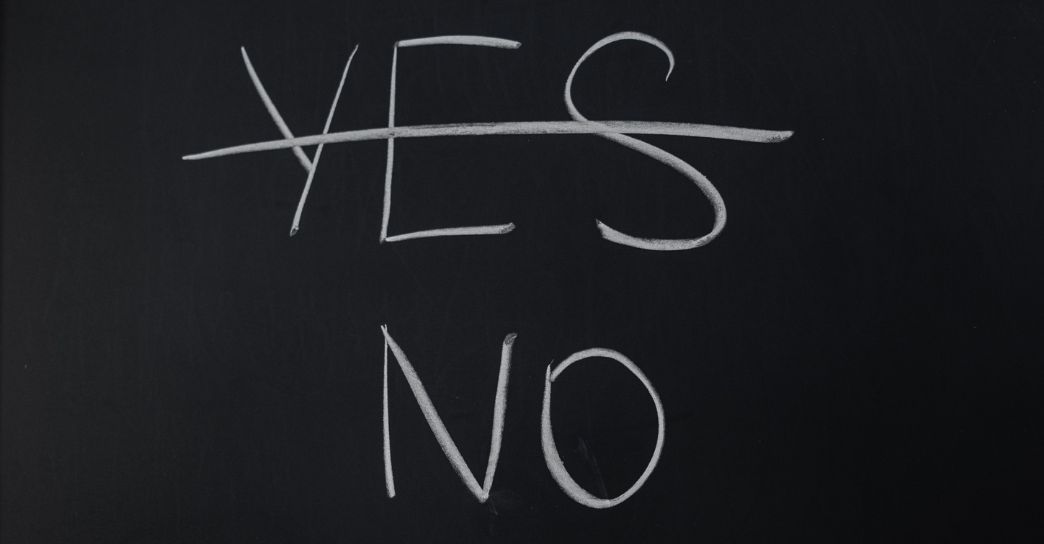VULNERABILITY AND AUTHENTICITY (3 IN A SERIES OF 3)

One of my CEO clients wanted his team to adopt “vulnerability” as a leadership value. I thought then, and still think, this was a wise idea. Vulnerability, in the sense of candid self-disclosure, with admissions of uncertainty and interdependency, is a dropping of defenses. This does not come easily to buttoned-down, high-ego, type-A executives. That’s why they have trouble making authentic connections. Afraid to appear weak, they show only a part of themselves; a masked version, a pretense. They may fool some of the people some of the time, but they send two contradictory messages:
- I have it all together
- I don’t want to reveal the places where I where I struggle
What are some parts of yourself you find hard to show people in your organization?
What are some of the assumptions you carry about these people that you would not want them to know?
What do you think they expect of you that would be hard to live up to?
These are questions which could shed light on your discomfort. They are not to be answered and resolved, but rather to be explored for what they might illuminate.
Here are a few other questions that might lead to a breakthrough:
What if the person that rode with you in the elevator, whose name you couldn’t recall, is terrified to speak with you?And, he has an insight about the business that could add a percentage point to your gross margin.
What if the group laughing in the hallway, who go quiet when you walk by, are embarrassed not to understand how your stock price doubled (or halved) and are wary to ask for an explanation? What effectwould their ability to confidently describe your strategy do for you, for them and the company?
What if the woman in Human Resources, who maintains a quiet reserve in meetings, has a file drawer of information she could share with you? There are details in there about about people who have been passed over for opportunities based not on their ability or performance, but their skin color, gender or who they love? She’d like to tell someone, but won’t discuss it with you. Not unless you demonstrate your attention, your open-heartedness, and your empathy. This atmosphere of trust will show that you will do something positive with the knowledge given.
What if your approachability is a competitive advantage?
Authentic connection is co-created, through listening and revealing our humanity. One of my clients showed his generosity of spirit by telling stories to his extended leadership group about his and his wife’s experiences mentoring high school students and “adopting” Naval Academy plebes. These acts revealed his true character.
What do people in your company really know about you? What impact could a story shared have on the attitudes and beliefs people hold about leaders? Would someone be able to recognize your acts as expressions of the mission? How many members of your executive leadership team can connect these parts of your life with the success of the company? I’m guessing they would.
Let’s look at it from the other direction. How many stories have you collected from people in the company about their own acts of selflessness and generosity? Whose generosity of spirit moves you?
Authentic connection is being human together. It occurs naturally when we seek to know each other more fully and reveal ourselves more completely. In traditional organizations, where leaders hold themselves separate from people who do the work, this sort of revelation and exposure is seen as unnecessary, inappropriate or dangerous. In transformational organizations, it is essential. For CEOs, it is the foundation for growth and a lasting contribution.






